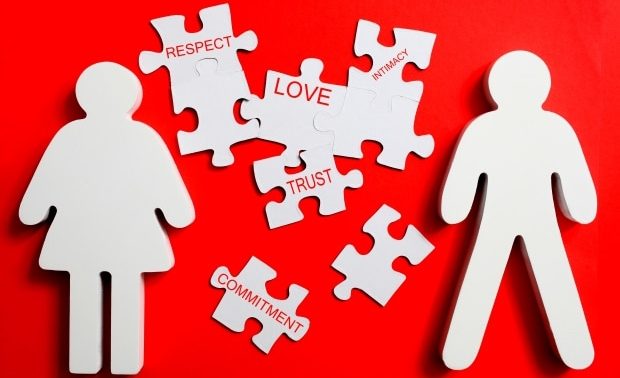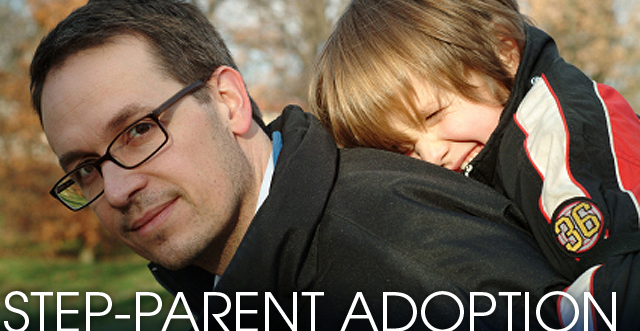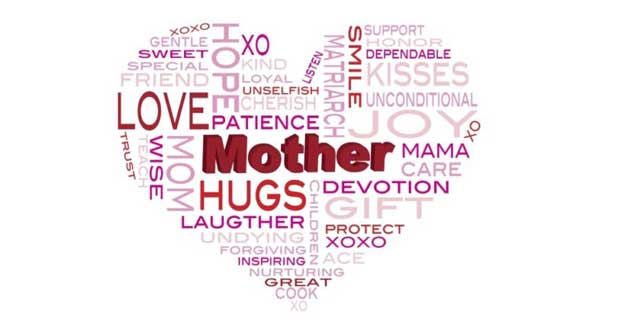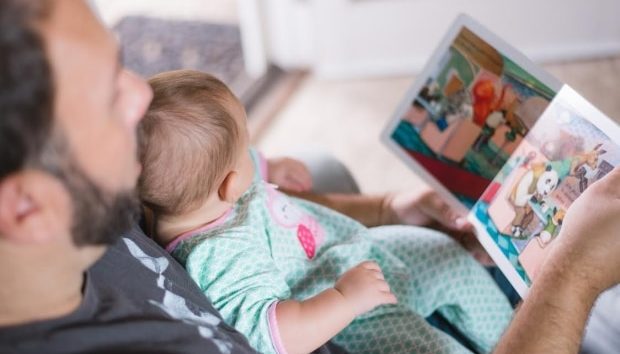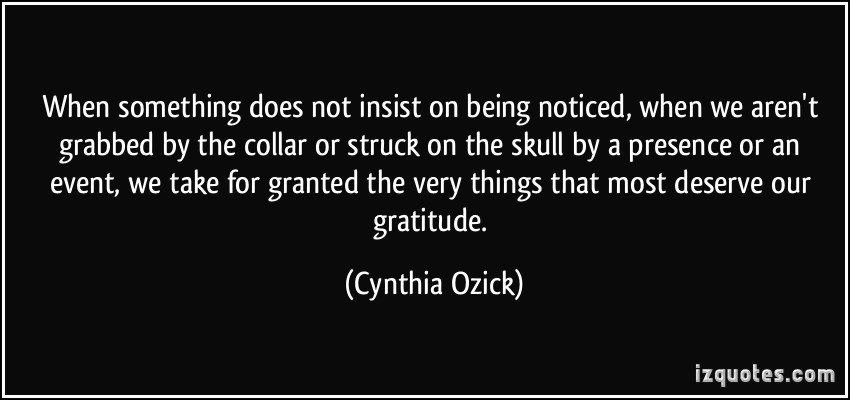So much is written about the characteristics of dysfunctional relationships. People who are in a dysfunctional relationship often wonder what a healthy relationship would look like. Here’re seven characteristics of a healthy relationship.
1. Self-Evaluate
This is a fundamental necessity.
Those in a relationship with a person who cannot self-evaluate are extremely frustrated. They feel they’re not heard when they bring up a complaint since the person they’re voicing it to is defensive and unable to validate and empathize.
When you can examine your behavior, you take responsibility for yourself in the relationship. When both people can do that, both carry their own load as well as support each other.
2. Give and Receive Love
Unhealthy relationships are often one-sided where one person gives and the other takes.
When you give love, it means you can care deeply and commit to another person. However, you must also be able to receive love to be in a balanced relationship.
People who cannot receive love have low self-esteem and can’t accept they are worthy of being loved by another person.
3. Respect and Accept each Other
Respect simply means you treat the other person honorably because you care about him/her. Your actions reflect the position and value of the person to you.
When you accept someone, it means you give the other person the message he/she is okay as is.
4. Communicate Clearly and Honestly
Unhealthy relationships have ineffective communication. Healthy people communicate clearly and honestly working to get mutual understanding.
Neither person uses vague or manipulative language.
5. Have Mutual Concern and Cooperation
There are three entities in a relationship: you, the other person, and the relationship.
When both do, neither will do things to harm any of them. There will be a maximum effort to care about their health and well-being.
One of the common complaints in difficult relationships is one person doesn’t care the other person is being hurt and the relationship is suffering. If the person doesn’t care about you or the relationship, you don’t have any way to convince that person to change.
6. Resolve Conflict
When you cannot resolve conflict, the relationship suffers. Things will be unresolved, resentments will grow and intimacy will eventually die.
And even when there isn’t an agreement, there’s mutual understanding.
7. Be Responsible for Oneself and One’s Responsibilities in the Relationship
There is an epidemic of irresponsibility today. Too many people aren’t carrying their own load in society, the family, marriage, and relationships.
They don’t blame other people for their feelings, thoughts, or choices. They do their part faithfully in the relationship and don’t expect the other person to carry their load.
If you want healthy relationships, work on being able to do each of these things yourself. Then find people who can do them. Your life and relationships will improve.
Is your partner a defensive person? Ever wonder makes them so defensive? Get insights why and learn how to deal with defensive people.

